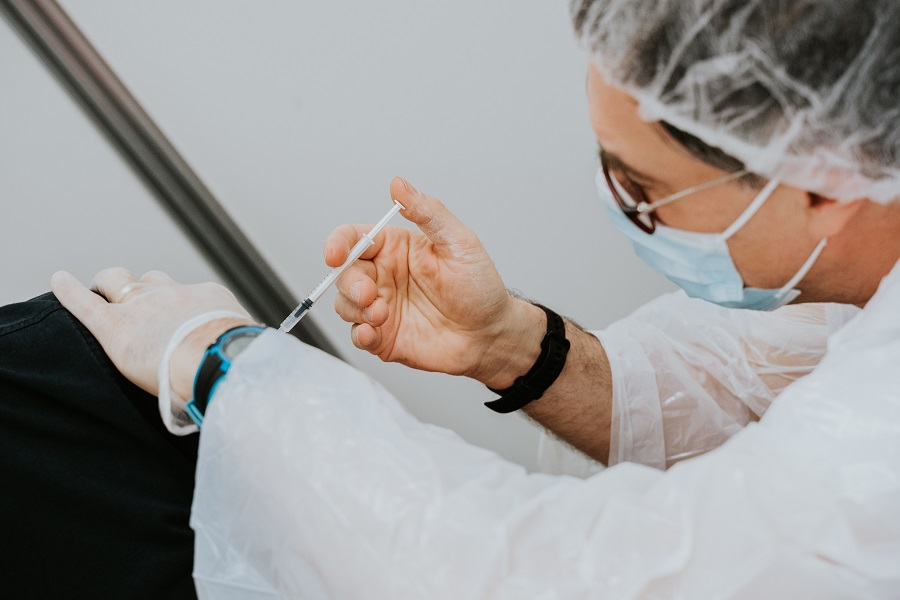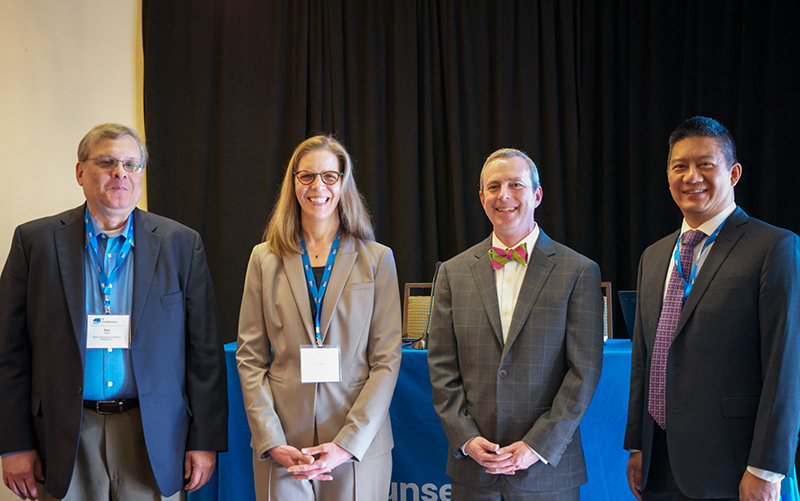The Pfizer RSV vaccine candidate for adults over 60 has been recommended by an advisory committee of the Food and Drug Administration (FDA), and the FDA’s decision on whether or not to approve it in the United States is likely by spring.
The FDA’s Vaccines and Related Biological Products Advisory Committee (VRBPAC) voted 7-4 on safety and effectiveness of RSVpreF.
According to Pfizer’s phase 3 clinical trials, a single dose of the vaccine has been shown to decrease the risk of respiratory syncytial virus illness by as much as 86%.
“We are delighted that this first bivalent RSV vaccine candidate, RSVpreF, was observed to be efficacious in our clinical trial against this disease, which is associated with high levels of morbidity and mortality in older adults,” said Pfizer Vice President Annaliesa Anderson.
The science behind the vaccine
In further explaining RSVpreF, research from the National Institutes of Health (NIH) study details the crystal structure of prefusion F, a crucial form of the viral fusion protein (F) that RSV employs to enter human cells.
These findings served as the basis for Pfizer’s investigational RSV vaccine candidate. The NIH study demonstrated that prefusion-specific antibodies were extremely effective at preventing virus infection, indicating that a prefusion F-based vaccine may provide the best protection against RSV.
Following this significant finding, Pfizer tested various iterations of a stabilized prefusion F protein and discovered a candidate that in pre-clinical tests strongly stimulated an anti-viral immune response. Equal quantities of recombinant RSV prefusion F from subgroups A and B make up the bivalent vaccine candidate.
More BIO members may seek approval
Today, the advisory committee will discuss the vaccine candidate developed by the Biotechnology Innovation Organization (BIO) member GSK. Before the fall RSV season, additional BIO members such as Bavarian Nordic, Johnson & Johnson, Merck, and Moderna will probably also apply for the approval of their candidates.
Pfizer’s RSVpreF vaccine will be evaluated by the FDA, with a decision expected by May. The FDA typically follows the recommendations of the VRBPAC. If approved, the CDC, which generally aligns with the FDA’s decisions, would need to give its approval as well.




